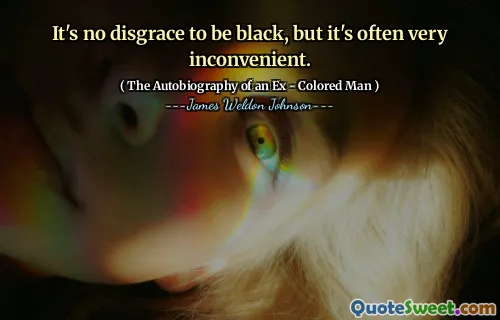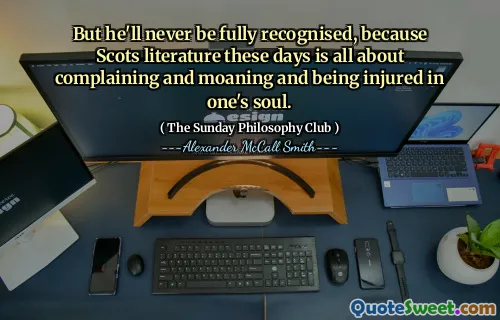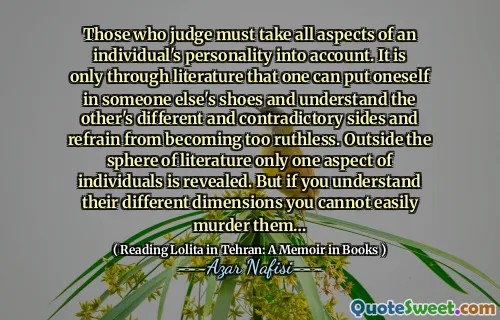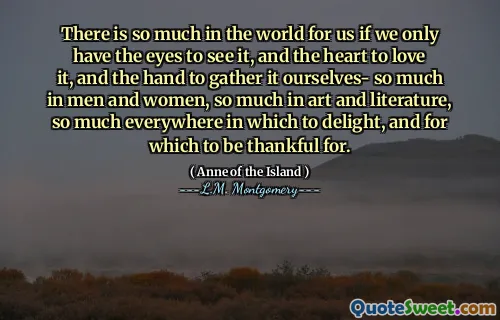
It's no disgrace to be black, but it's often very inconvenient.
This quote from James Weldon Johnson's "The Autobiography of an Ex-Colored Man" resonates deeply, capturing the nuanced reality of racial identity in a society burdened by prejudice. The statement acknowledges the fundamental truth that being black is not something to be ashamed of—indeed, it is a natural and integral part of who a person is. However, it also candidly highlights the frequent societal challenges and injustices faced, where the lived experience of black individuals often involves inconvenient hurdles born from systemic discrimination and bias.
The quote brilliantly encapsulates the tension between pride and hardship. It refuses to denote blackness itself as a problem but instead critiques the social context that makes it difficult to navigate society when one is black. This is a powerful reminder that the root of any inconvenience or hardship isn't inherent in one’s identity but rather in the external societal dynamics. Such recognition is crucial in understanding race because it moves beyond simplistic stereotypes and demands a deeper contemplation of how historical and structural inequalities shape individual lives.
Reflecting on this today, one realizes this statement's profound relevance in contemporary discussions on race, equality, and justice. Despite significant progress toward racial equity, many black individuals still encounter systemic challenges that complicate everyday interactions and opportunities. The quote acts as a call to address these inconveniences—not by diminishing the identity itself but by transforming the social structures that perpetuate inequality and discomfort. Ultimately, Johnson's words invite both empathy and action, emphasizing that dignity is inherent, but societal inconvenience must be confronted and overcome.






